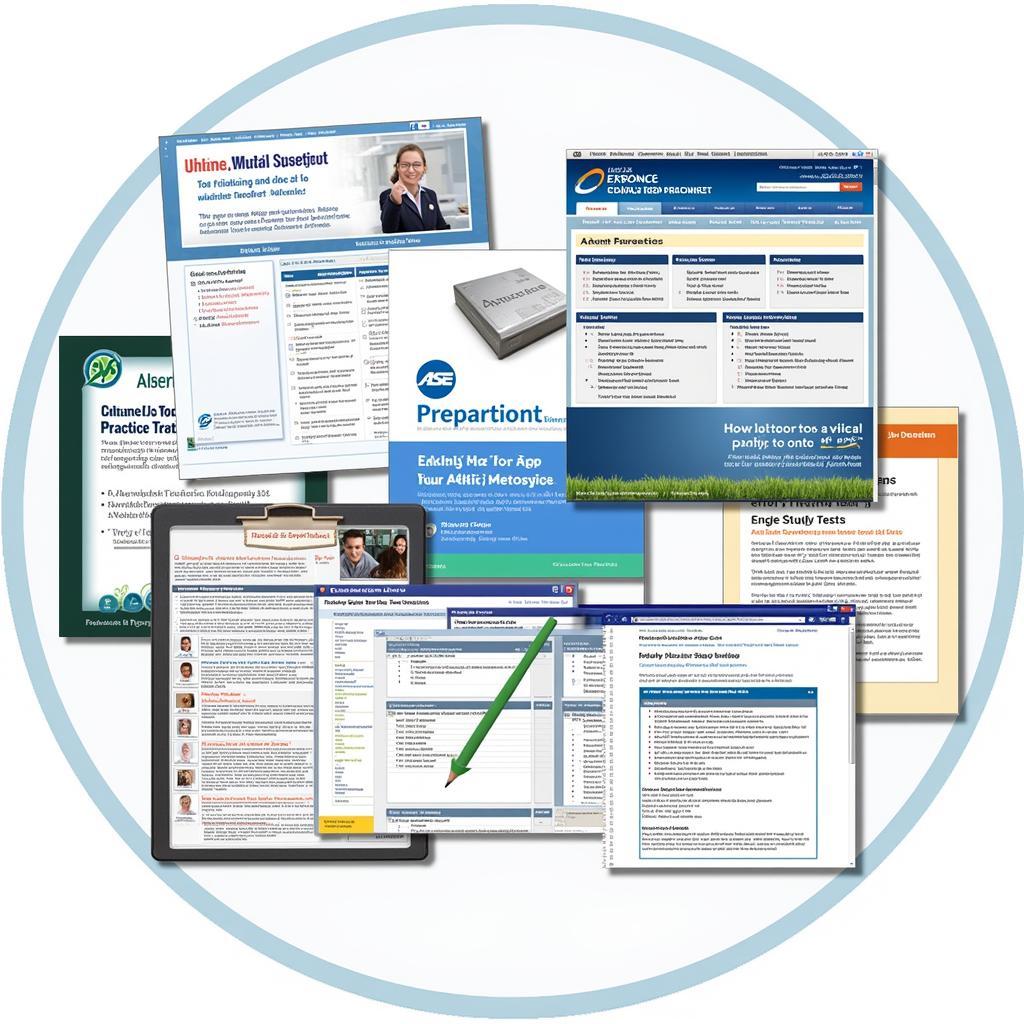The Association of Southeast Asian Nations, or ASEAN, is a political and economic union of 10 member states in Southeast Asia. Founded on August 8, 1967, by Indonesia, Malaysia, the Philippines, Singapore, and Thailand, the organization has since expanded to include Brunei, Vietnam, Laos, Myanmar, and Cambodia.
A Region of Diverse Cultures and Rapid Growth
ASEAN encompasses a land area of 4.46 million km², with a combined population of over 660 million people, making it the third most populous geographical area in the world after China and India. What unites this vibrant region is not a shared history or language, but a common vision for peace, stability, and prosperity.
The region is a melting pot of cultures, languages, and religions, contributing to its rich heritage and unique charm. From the ancient temples of Angkor Wat in Cambodia to the bustling streets of Bangkok, Thailand, ASEAN offers a tapestry of experiences for the intrepid traveler.
Pillars of ASEAN: Cooperation and Integration
The ASEAN community is built on three pillars:
- Political-Security Community: Fostering peace, security, and stability through dialogue and cooperation.
- Economic Community: Promoting economic integration and competitiveness through trade facilitation and market liberalization.
- Socio-Cultural Community: Enhancing people-to-people connectivity and fostering a shared ASEAN identity.
These pillars are underpinned by the principles of mutual respect, non-interference, consensus-based decision-making, and effective cooperation.
The ASEAN Way: A Unique Approach to Regionalism
ASEAN’s approach to regional integration is often described as the “ASEAN Way,” characterized by its emphasis on dialogue, consensus, and non-confrontation. This approach has been instrumental in maintaining peace and stability in the region, allowing member states to address common challenges and pursue shared goals.
ASEAN’s Role in the Global Stage
ASEAN plays a significant role in the global arena, engaging with major powers and regional blocs. The organization is a strong advocate for multilateralism and a rules-based international order.
“ASEAN’s strength lies in its unity amidst diversity. By leveraging their collective economic power and upholding the principles of dialogue and cooperation, ASEAN member states have established themselves as key players in the global landscape,” says Dr. Amelia Tan, a prominent Southeast Asian political analyst.
Key Achievements of ASEAN
Since its inception, ASEAN has achieved significant milestones, including:
- The establishment of the ASEAN Free Trade Area (AFTA)
- The launch of the ASEAN Economic Community (AEC)
- The signing of the ASEAN Charter
- The adoption of the ASEAN Vision 2025 and its Blueprints
- The establishment of various sectoral bodies and dialogue mechanisms
Challenges and Opportunities for ASEAN
While ASEAN has made remarkable progress, it continues to face challenges, including:
- Narrowing the development gap among member states
- Addressing non-traditional security threats such as terrorism and cybercrime
- Managing territorial disputes in the South China Sea
- Strengthening ASEAN’s institutional capacity
- Promoting good governance and human rights
Despite these challenges, ASEAN has tremendous potential for growth and development. With its strategic location, young and dynamic population, and growing economy, ASEAN is poised to play an even more prominent role in the 21st century.
“The future of ASEAN is bright. As the region continues to integrate and embrace innovation, it has the potential to become a driving force for positive change on a global scale,” remarks Mr. Lee Wei Xiong, a leading economist specializing in Southeast Asia.
ASEAN: A Shared Future for Southeast Asia
The Association of Southeast Asian Nations represents a beacon of hope and cooperation in a world often fraught with division and conflict. By embracing its diversity and working towards a shared future, ASEAN stands as a testament to the power of regionalism and the enduring spirit of its people.
For any inquiries or assistance, please contact us at:
Phone Number: 0369020373
Email: aseanmediadirectory@gmail.com
Or visit us at: Thôn Ngọc Liễn, Hiệp Hòa, Bắc Giang, Vietnam.
Our dedicated customer support team is available 24/7 to assist you.

